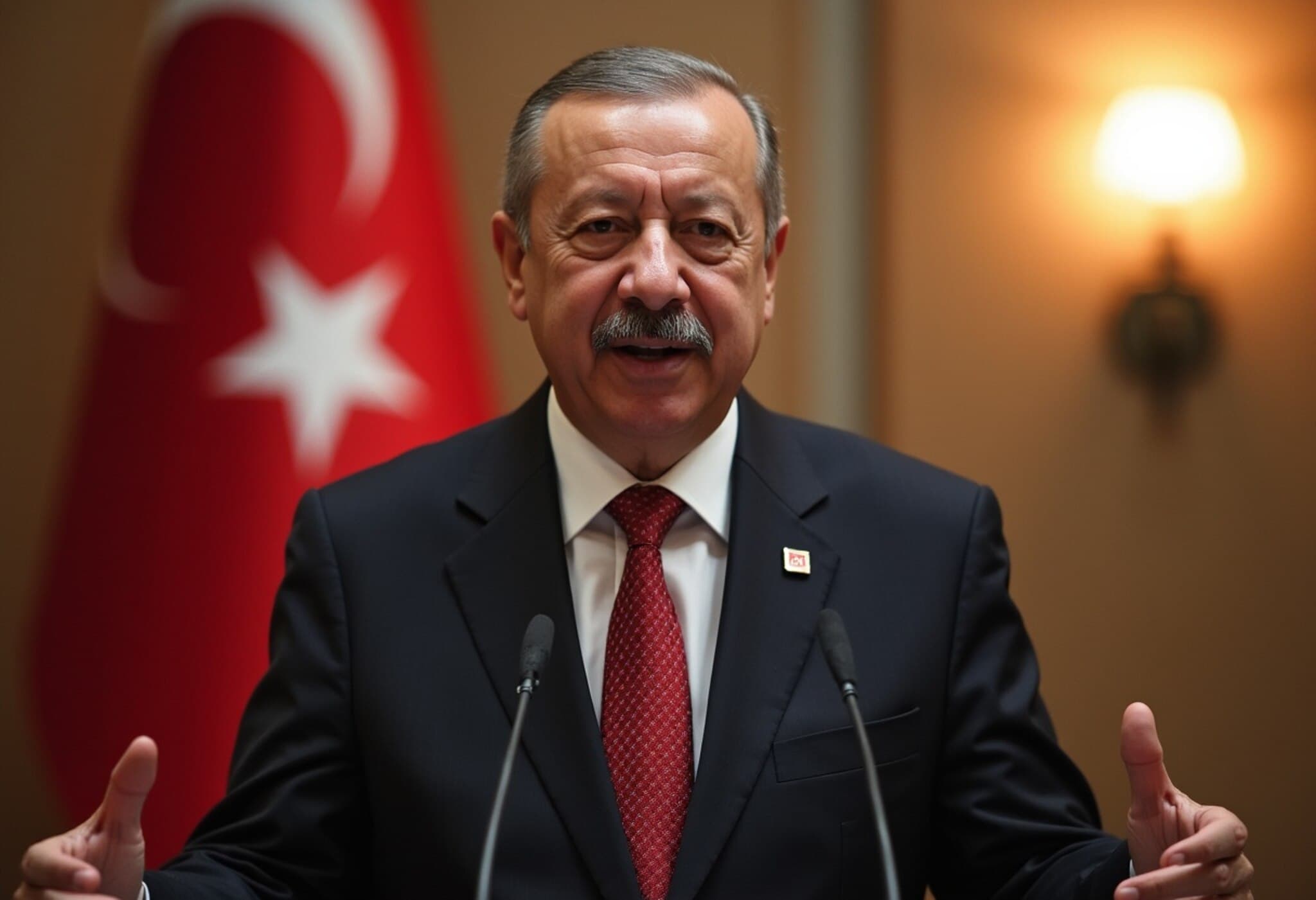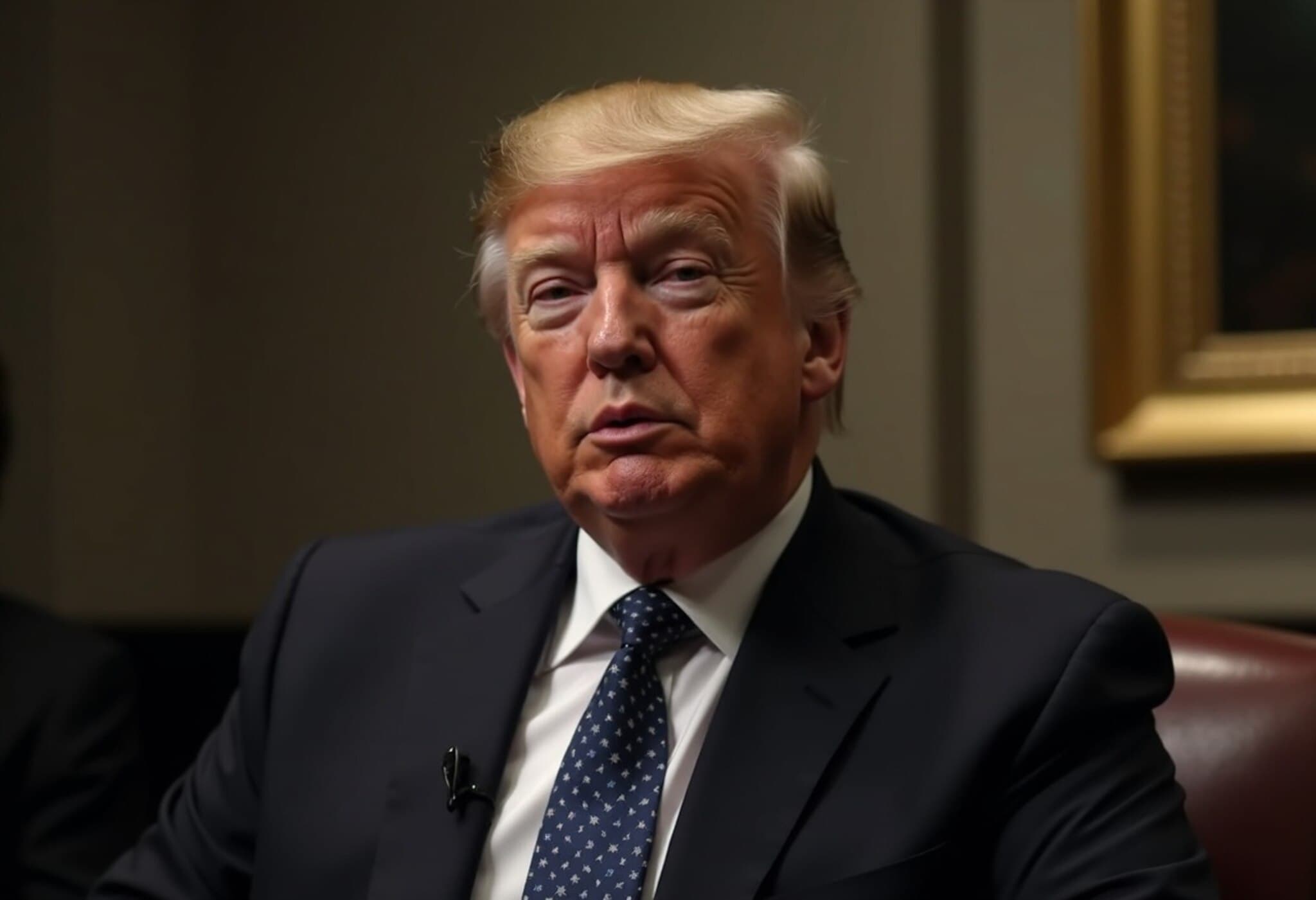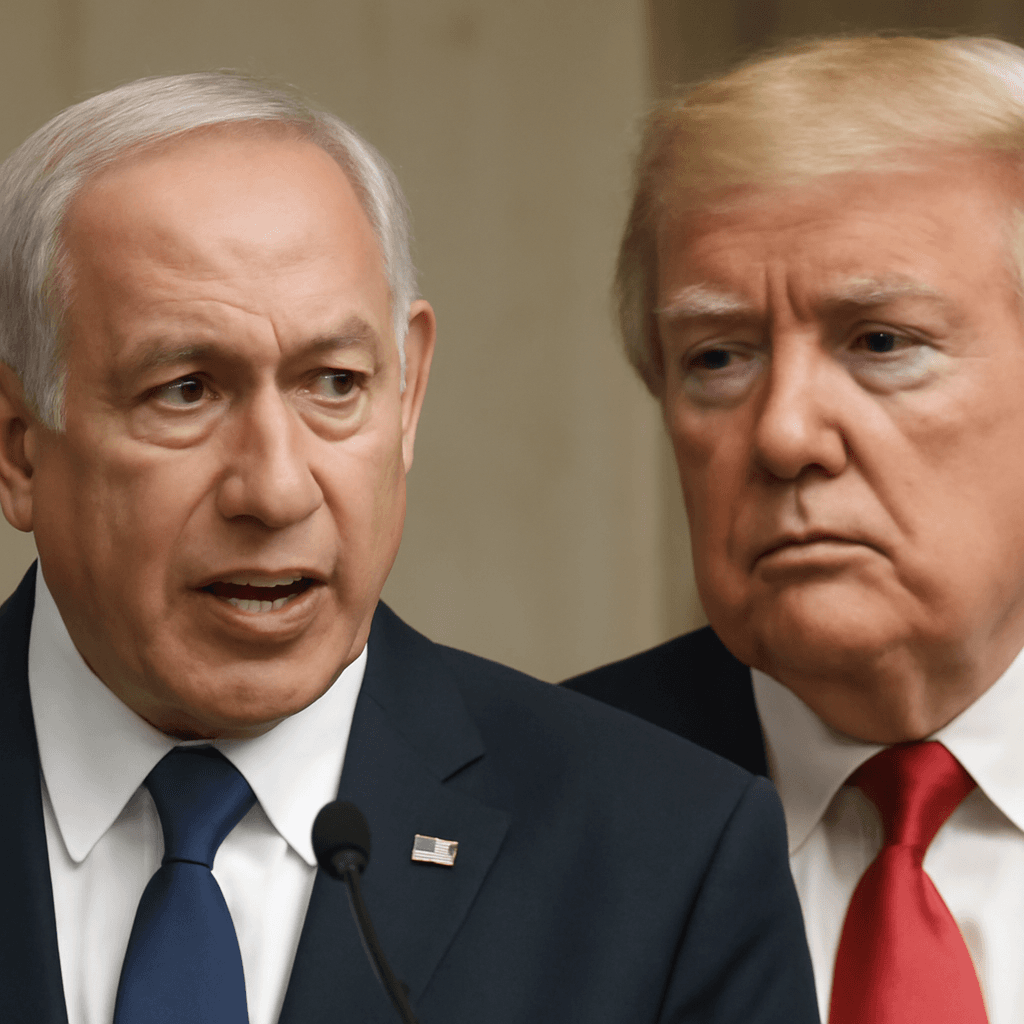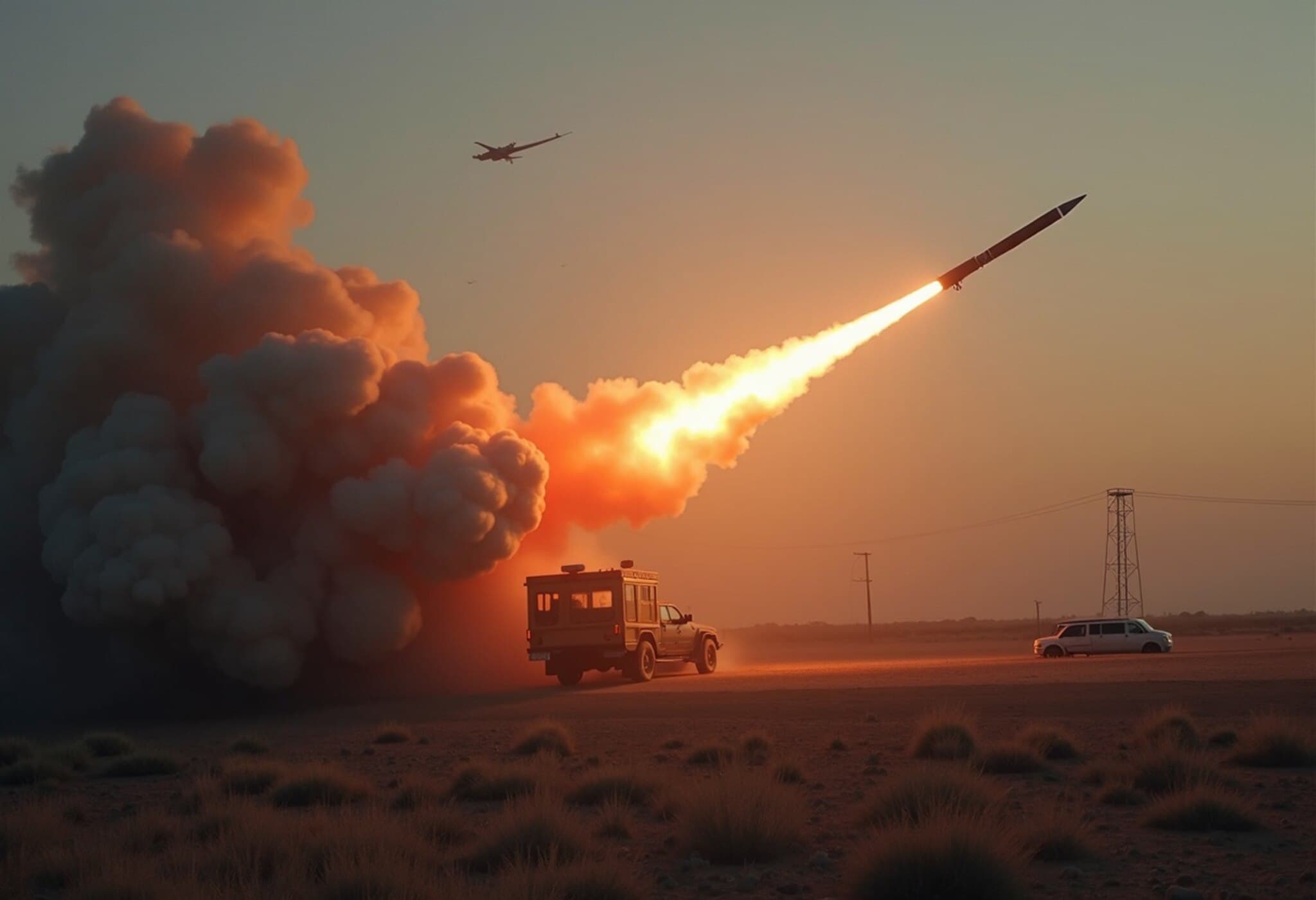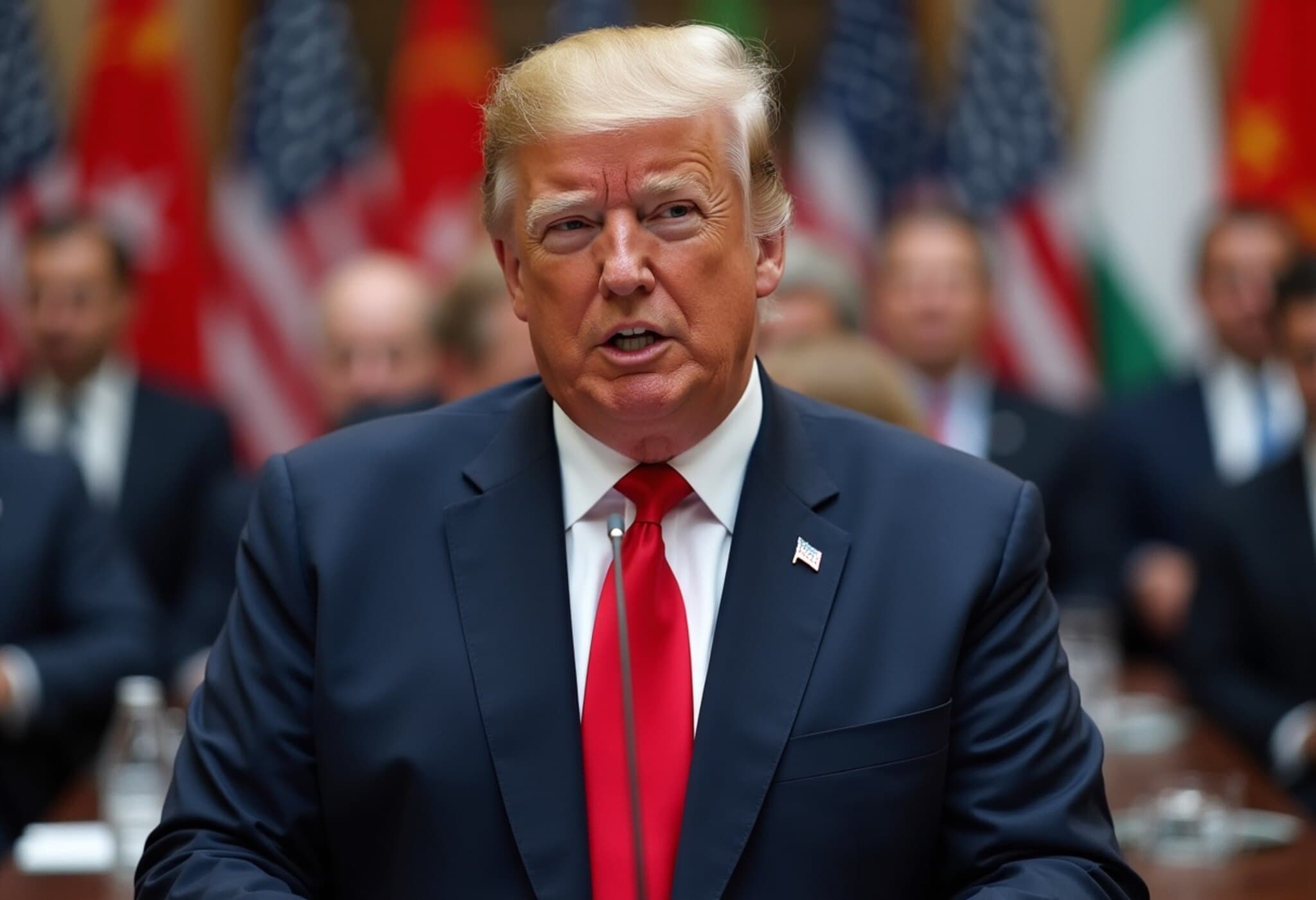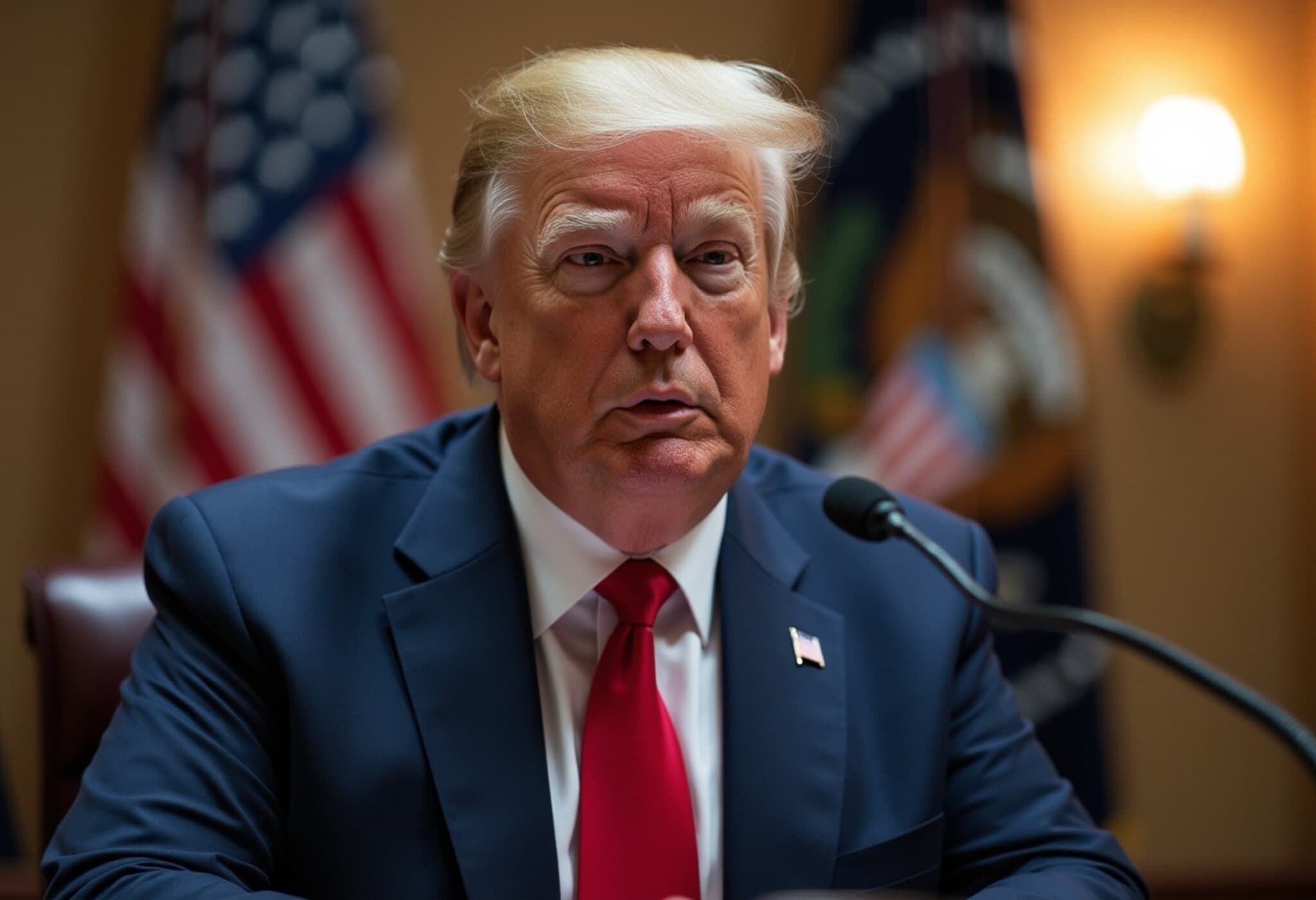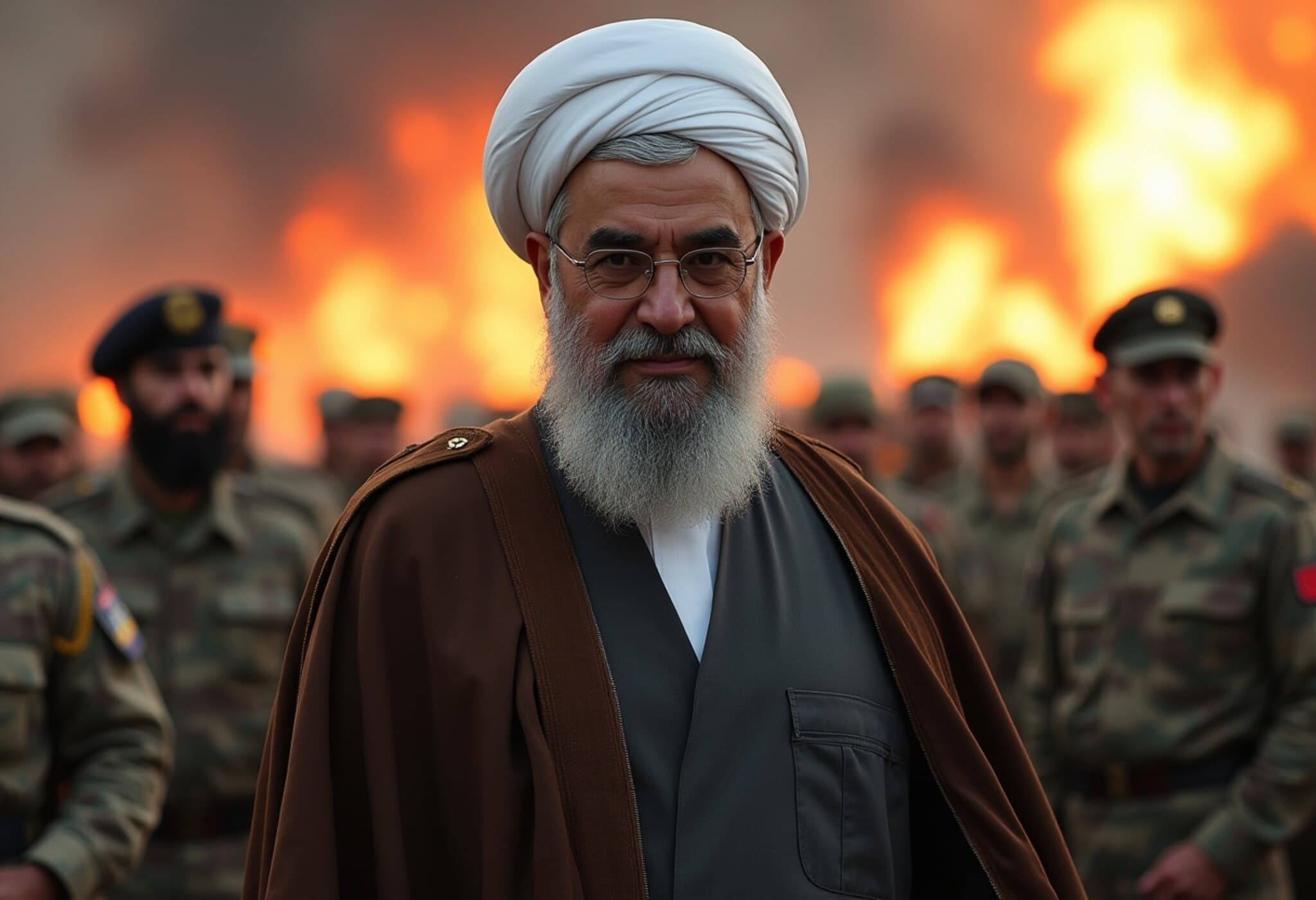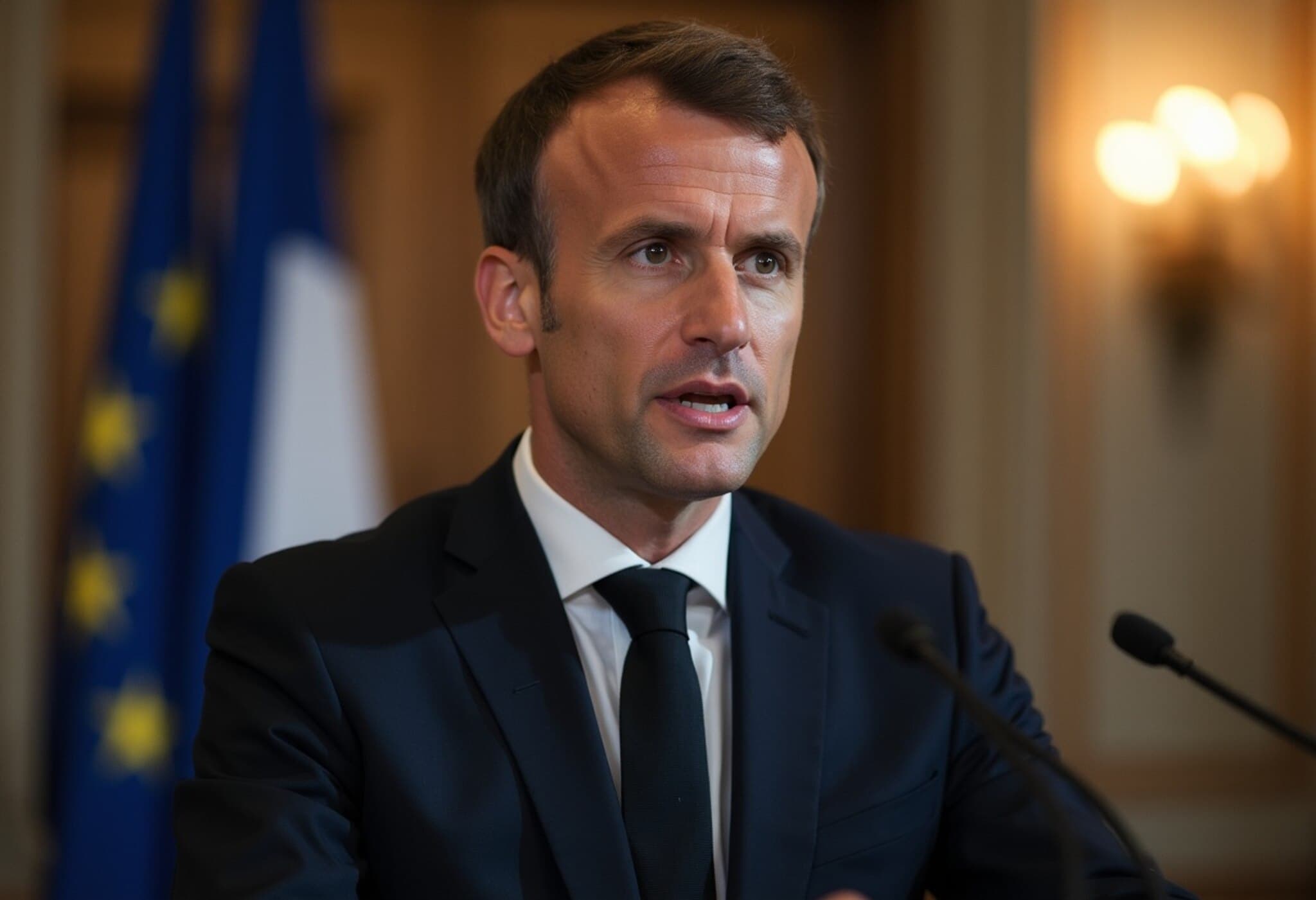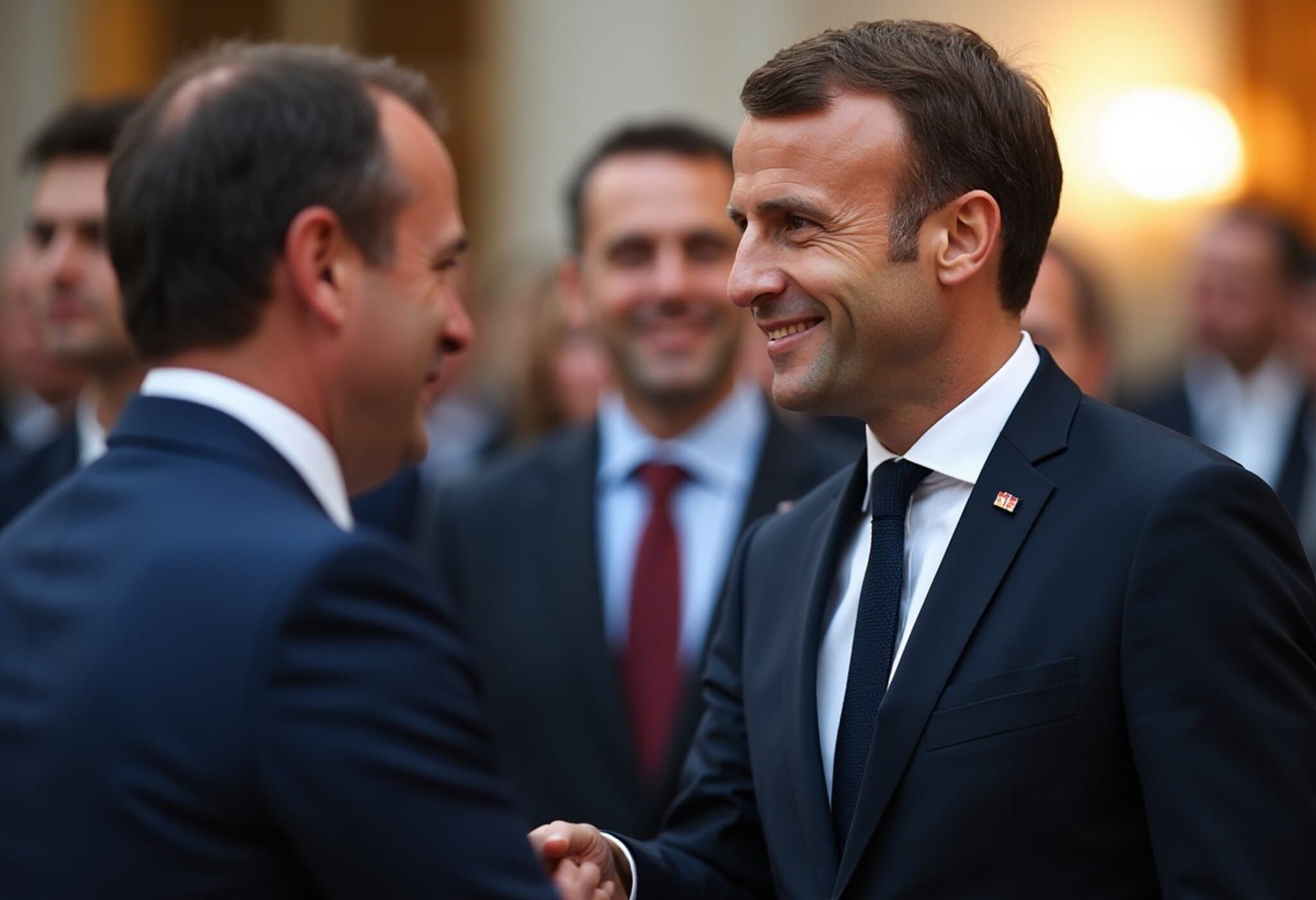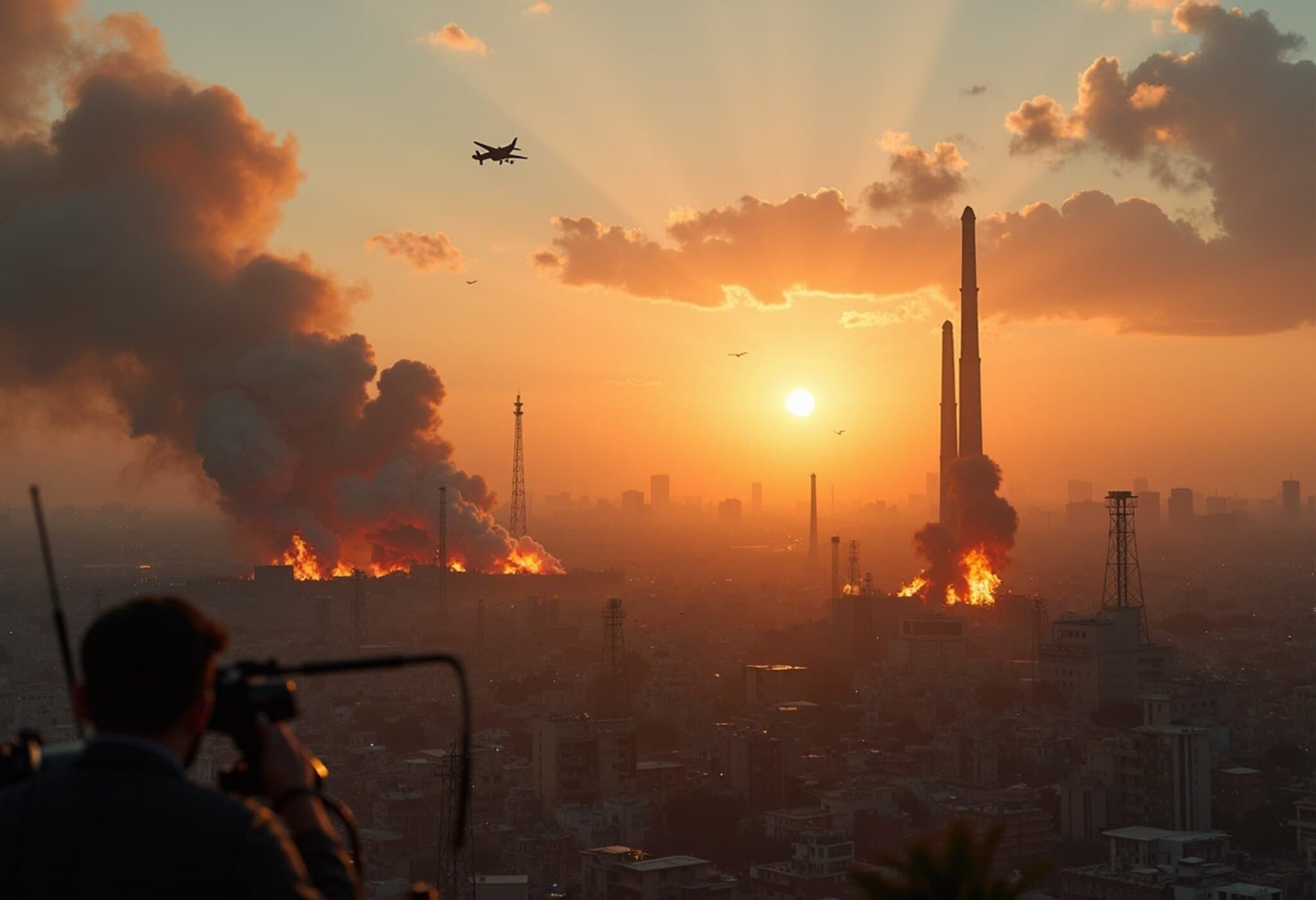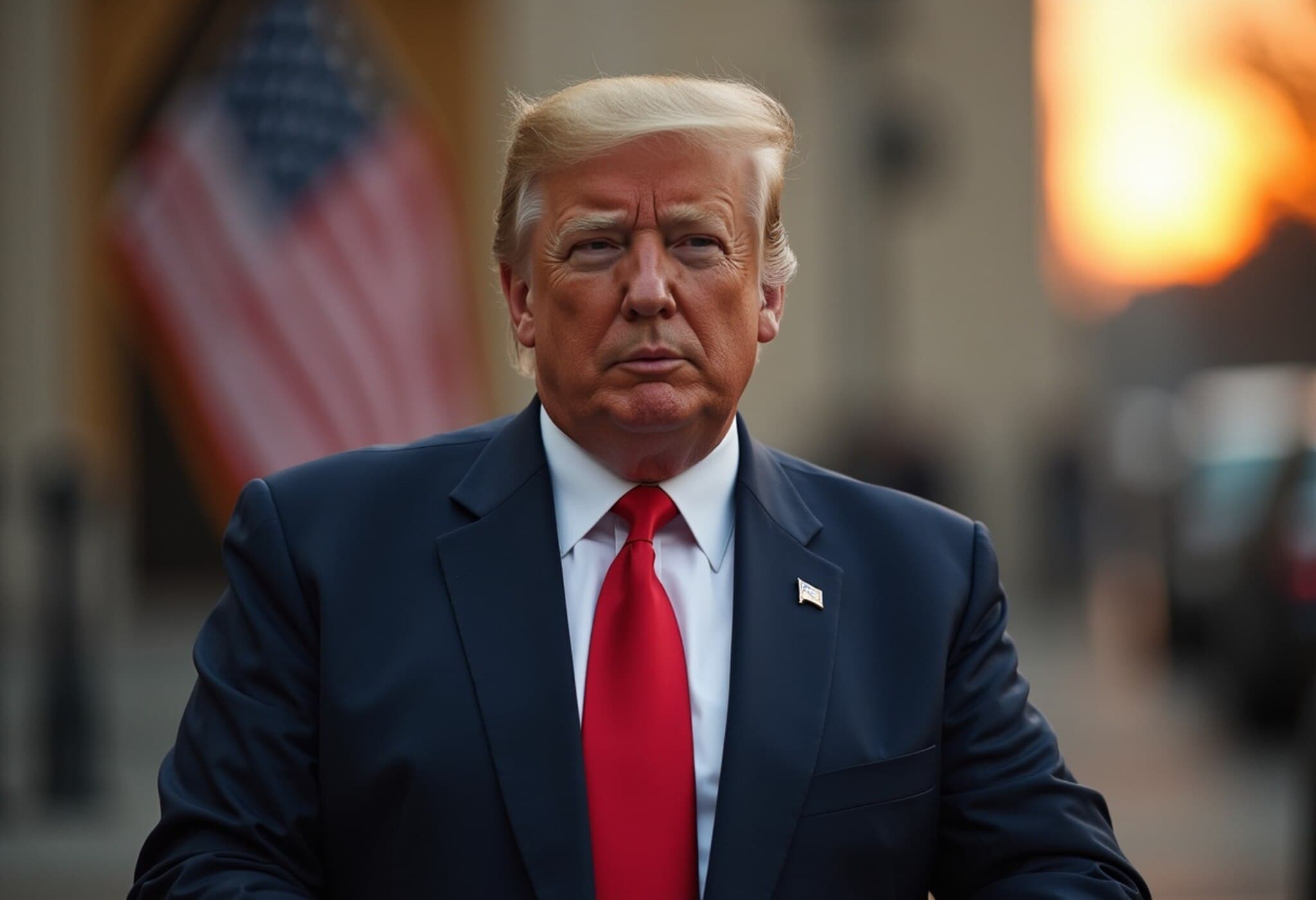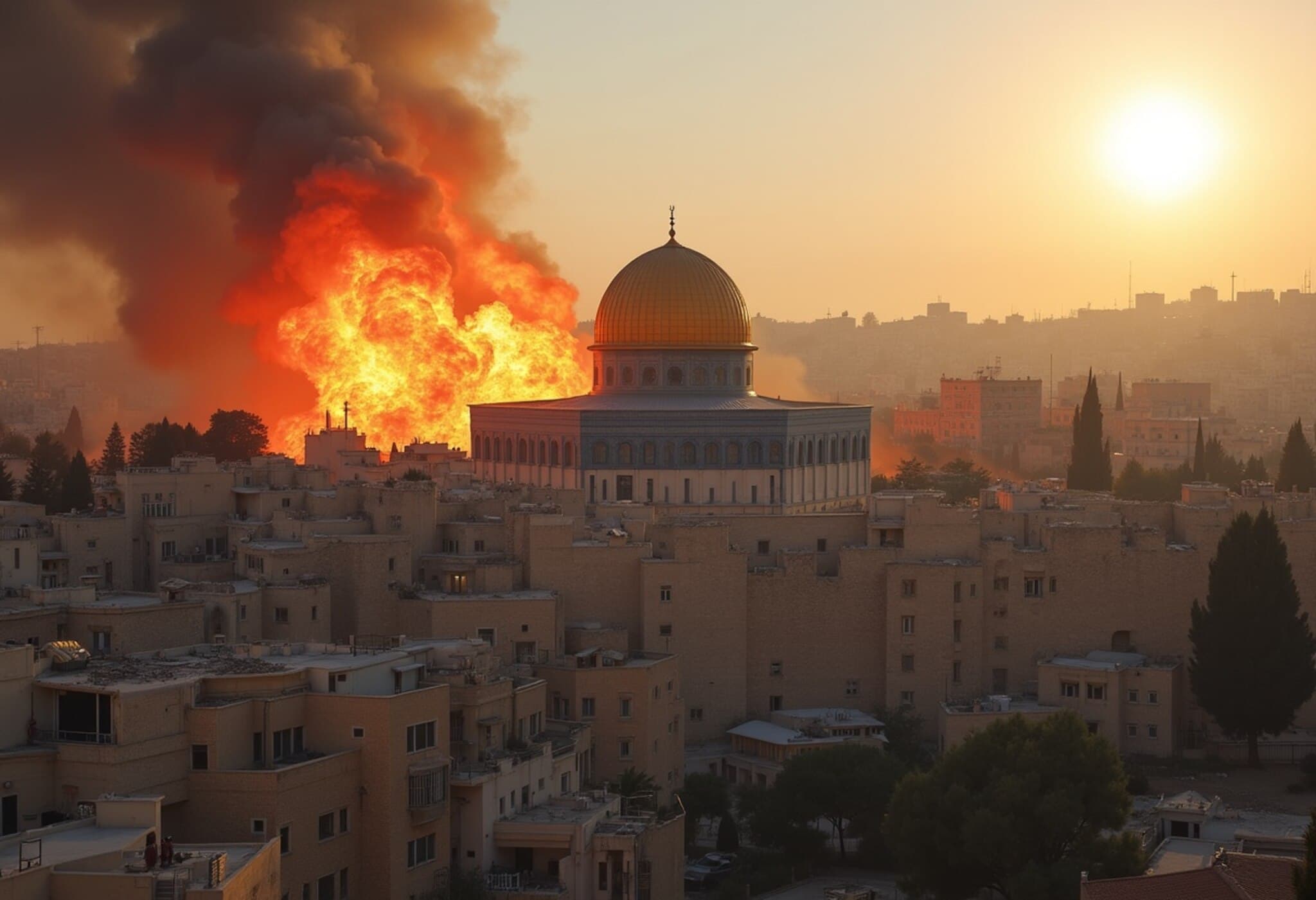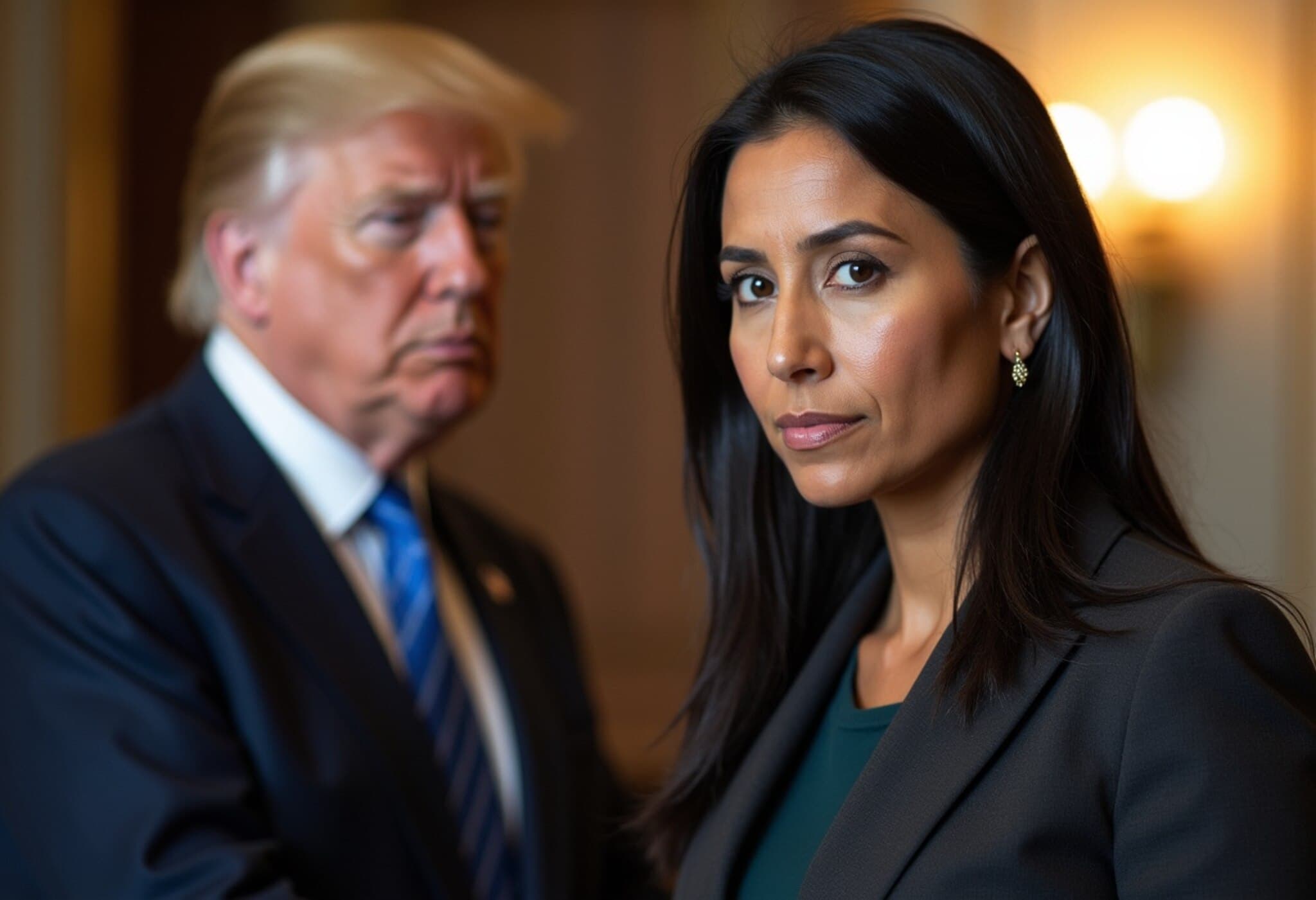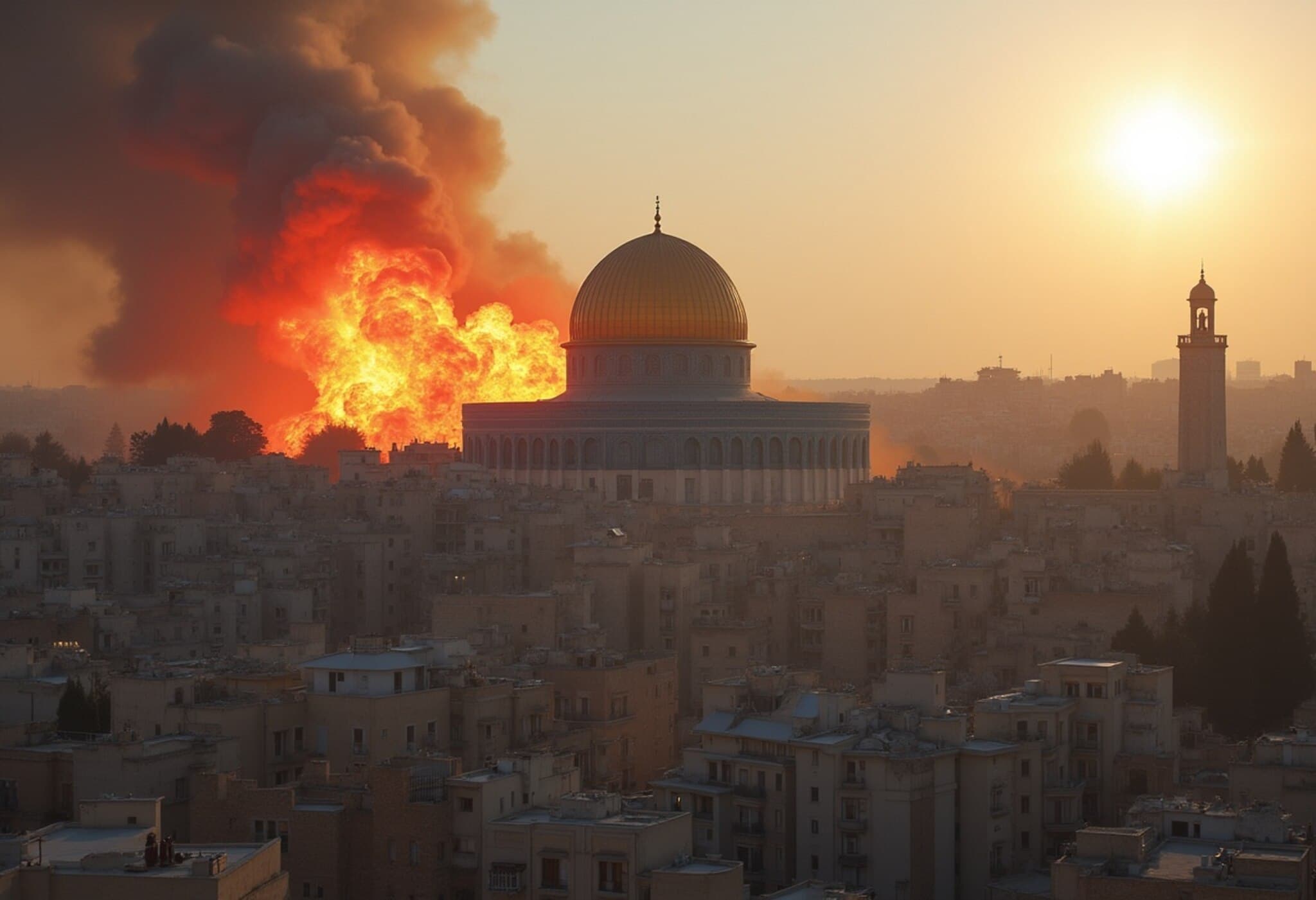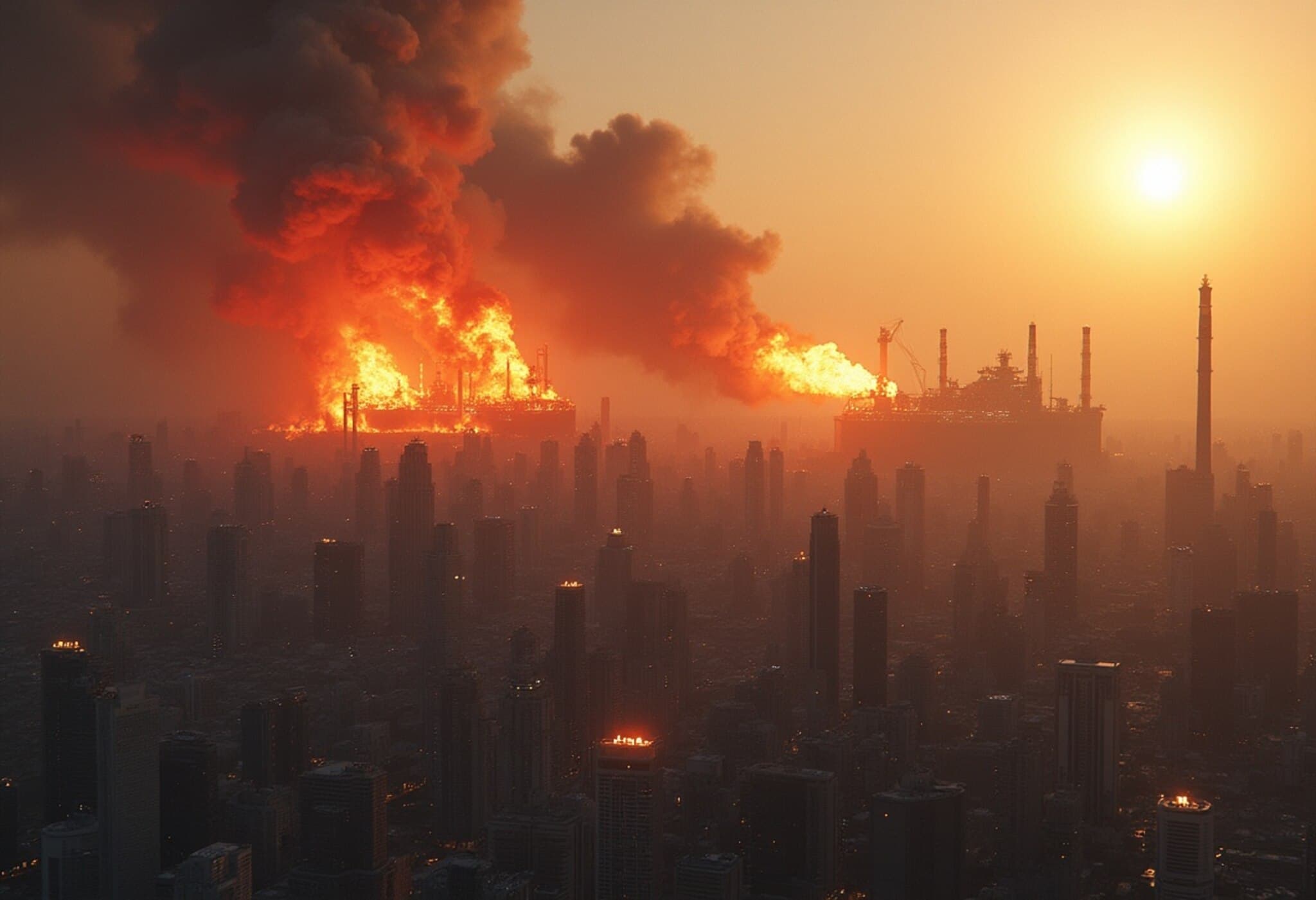Erdogan Pushes for Enhanced Missile Production as Middle East Tensions Mount
In light of the intensifying conflict between Israel and Iran, Turkish President Recep Tayyip Erdogan has vowed to bolster Turkiye's missile capabilities to ensure its defense against any potential aggression.
Strengthening Deterrence Through Missile Production
This week, Erdogan revealed plans to significantly increase Turkiye’s production of medium- and long-range missiles. Addressing the Turkish Cabinet, he stressed the need for a robust defense infrastructure so that no nation would dare challenge Turkiye’s sovereignty.
"We are making production plans to bring our missile stockpiles to a level that guarantees deterrence," Erdogan declared. "God willing, soon we will achieve a defense capacity so formidable that no one will even think of acting tough toward us."
Diplomatic Engagements Amid Rising Conflict
Erdogan held a telephone conversation with German Chancellor Friedrich Merz, emphasizing that a diplomatic resolution remains essential, particularly regarding Iran’s nuclear program.
Despite Turkiye’s deteriorating ties with Israel, experts believe the chance of the current war spilling over onto Turkiye’s soil remains low, considering its NATO membership. Nonetheless, Erdogan’s missile production boost signals the possibility of a renewed arms race across the region as countries brace themselves for a more volatile geopolitical landscape.
Regional Implications and Military Modernization
Academics point out that Turkiye’s military ambitions align with broader Middle Eastern trends, where nations escalate arms development amid uncertainty. Ahmet Kasim Han, an international relations professor, sees Erdogan’s push as a response to a shifting world order marked by heightened military competition.
Turkiye’s armed forces rank second largest within NATO, but analysts note its relative weakness in air defense and aerial power. Ozgur Unluhisarcikli from the German Marshall Fund remarked, "The ongoing conflict highlights the critical importance of air superiority, prompting Turkiye to enhance its missile systems and defensive capabilities."
Challenges Beyond Defense: Energy and Refugee Concerns
As the war drags on, Turkiye faces pressing concerns beyond military strategy. Its border with Iran stretches over 560 kilometers, raising fears of refugee flows should the conflict escalate. Moreover, Turkiye heavily depends on energy imports, including oil from Iran, meaning disruptions risk exacerbating already fragile economic conditions amid rising fuel prices.
Strained Relations with Israel
Once close allies, Turkiye and Israel have seen relations sour sharply since hostilities in Gaza erupted in 2023. Erdogan has emerged as one of Israel’s harshest critics, and tensions intensified further over influence in Syria. Despite this, a de-escalation mechanism between Turkiye and Israel aims to prevent unintended clashes, especially after reports of Israeli airstrikes on Syrian bases linked to Turkish operations.
While Israel has so far stayed silent on Turkiye’s missile expansion plans, Israeli Foreign Minister Gideon Saar dismissed Erdogan’s recent criticisms, accusing him of "imperialist ambitions" and suppressing internal freedoms.
Political Rhetoric and Domestic Impact
Erdogan’s nationalist ally, Devlet Bahceli, suggested that Turkiye might be strategically encircled by Israeli military activities, though he offered no concrete evidence. Observers interpret such rhetoric primarily as a means to galvanize domestic support amid growing anti-Israel sentiment in Turkiye.
Experts like Han emphasize that neither Turkiye nor Israel appears interested in open conflict with one another at this time.
Conclusion
Turkey’s move towards expanding its missile production underlines a broader regional trend of military modernization triggered by escalating Middle Eastern tensions. While Erdogan underscores deterrence and defense, the geopolitical complexities surrounding energy, refugees, and diplomatic relations add layers of urgency to Turkiye’s strategic planning.

